- 16 Posts
- 13 Comments

 2·1 year ago
2·1 year agowe should aspire to give people housing where they want to live
@alyaza Absolutely, that’s exactly the underlying idea of UBI imho, to give people choice. An UBI puts people in a much better position to negotiate all kinds of contracts like rent, mortgage, or employment, as they don’t have to accept the next best offer for having trouble making ends meet.

 2·1 year ago
2·1 year ago@SubArcticTundra How would markets work then? People want different things, different volumes, they want to have choice. I don’t see how product and service exchange would be organised if everything is for free.

 3·1 year ago
3·1 year agoThe way these are usually envisioned long term is that tax rates go up to progressively eat up the universal payment.
@Kichae I agree there are many UBI schemes that don’t really deserve the name for various reasons. A true universal basic income, however, could never be eaten up by tax for whatever group of people exactly because it’s universal and basic.
A possible scheme, for example, would be that a UBI of 1,600 is guaranteed by the state, while every income above the UBI level is then taxed. So if you earn 2,000 and the tax rate is 40%, your tax amounts to (2,000 - 1,600)*0.4 = 160.
An income of 1,600 would mean you pay no taxes at all as the 1,600 is the UBI, and any income below 1,600 triggered a negative tax rate (for example, if one earned 1,000 they would be given 600 from the state).
In a nutshell: a real UBI can never be lowered by tax or any other public measures. Practically all researchers agree that this a very important feature of any UBI, no matter how it is designed.

 13·1 year ago
13·1 year agoUBI schemes are a hot topic in many countries currently, although their definitions vary greatly depending on culture, legislation and other individual things. A quick overview on plans can be found at the Universal Basic Income Map.
If you live in the Eropean Union, you may be interested in supporting this UBI petition.

 6·1 year ago
6·1 year ago… transform traditional economic structures to ensure prosperity, and lower the barriers to enjoying the fruits of our diverse and vibrant shared culture
How would such transformed economic structures look like?

 7·1 year ago
7·1 year agoIn this Q&A session, the Ukrainian activist and politician Tamila Tasheva speaks about the Crimean Tatars’ history from the time under the Soviet regime in the 1940s to current events.
The Soviet and now the Russian authorities, in order to deal with a group of people [like the Crimean Tatars], have always tried to brand them as criminals, and as criminals who would be condemned by everyone around them and isolated. Here the strategy is the same although the words for marking people are different.

 2·1 year ago
2·1 year ago@dax @squashkin The latest news describe what I said in this thread:
A lawyer for Twitter owner Elon Musk accused Microsoft of misusing the service’s data and demanded an audit from the software giant.
The letter primarily addresses a seemingly narrow set of alleged infractions by Microsoft in drawing information from Twitter’s database of tweets. But the move could foreshadow more serious developments. Musk has previously accused Microsoft and its partner OpenAI in a tweet of “illegally” using Twitter data to develop sophisticated AI systems such as ChatGPT.
The race for the next jackpot is on. Who, and how many of us, will benefit?

 8·1 year ago
8·1 year agoHere is an article about it.

 1·1 year ago
1·1 year agoThat’s true. Recently I read this interview at The Markup. I’m not a lawyer, but I think this expert is right that we need to redefine what we understand by copyright as we are dealing here with a completely new tech with the potential to profoundly shape our society.

 6·1 year ago
6·1 year agoBut I’m also allowed to want what I want too, which is why I won’t be joining team ban-computational-modeling
Absolutely. And I am absolutely joining the team ‘computational modeling’, too. I don’t reject this. What I say is that we might need different economic and legal models making sure that everyone can take advantage of this new tech rather than just a few.
To give a an example: If a tech company uses billions of data for free to train its model on but then claims the copyright for the result, it would certainly increase inequality. For example, a lot of photographers or writers wouldn’t earn much money anymore, as their work could just be ‘created’ by some AI.
So I don’t join the ‘ban-computational-modeling’ team, I just want to see that it is a technology for everyone. Otherwise we will see just a few more tech billionaires while the mass of people is paying the bill as it happened so often in human history.
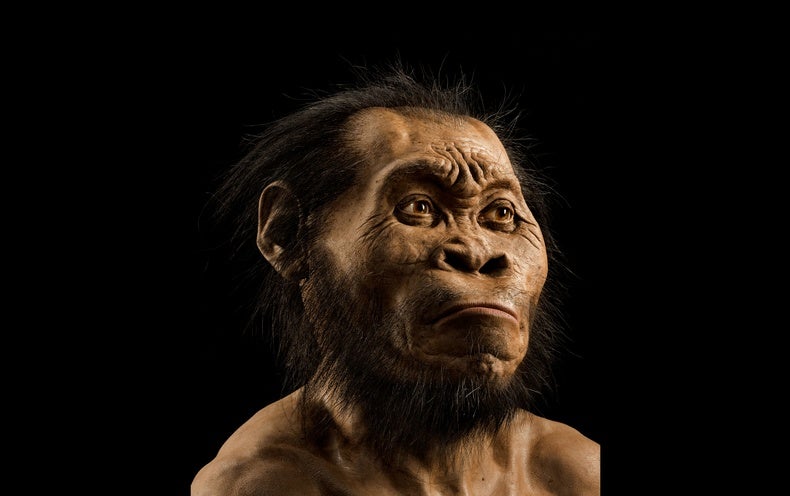
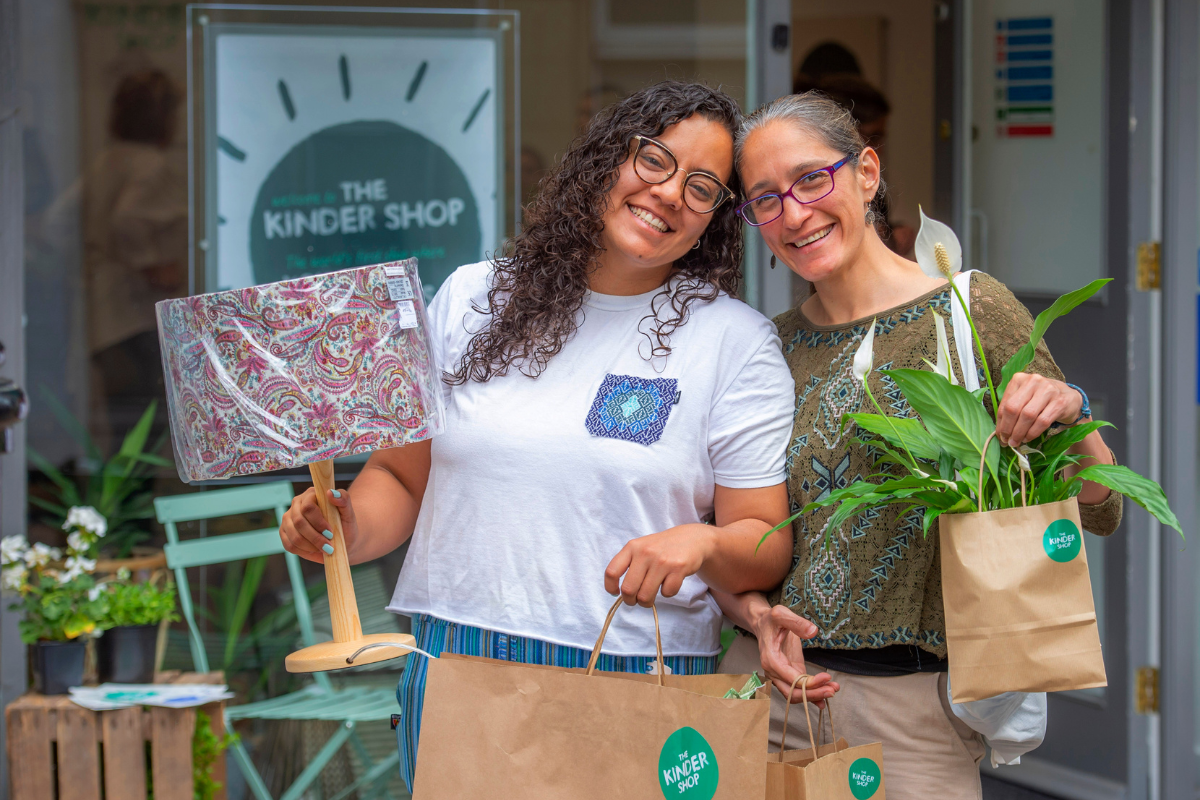






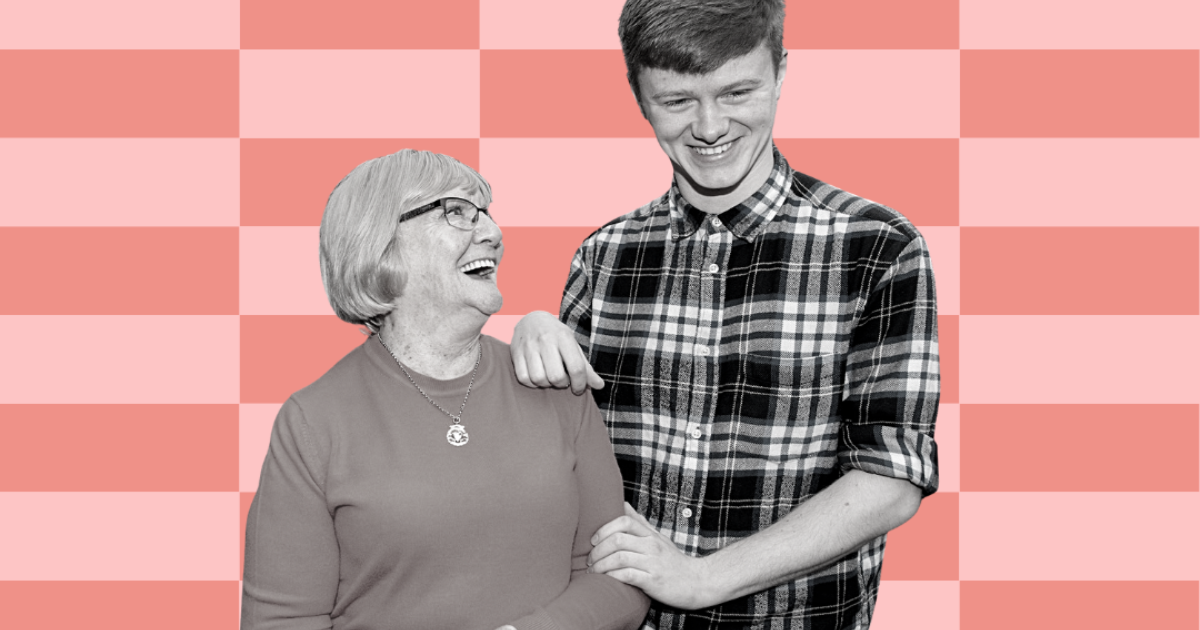


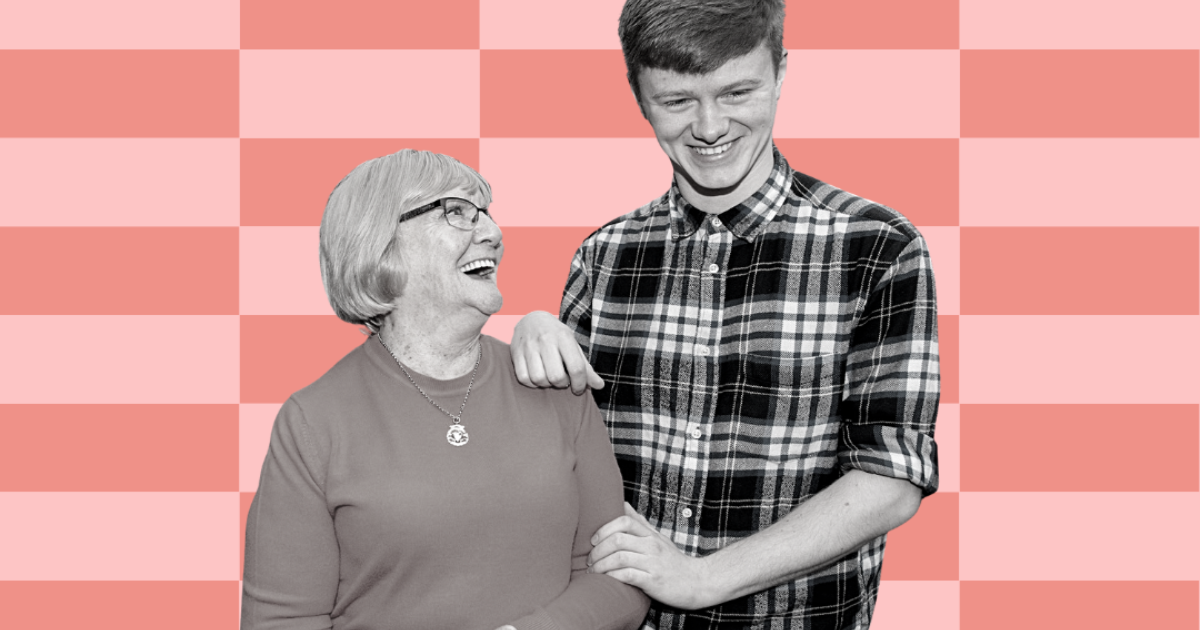
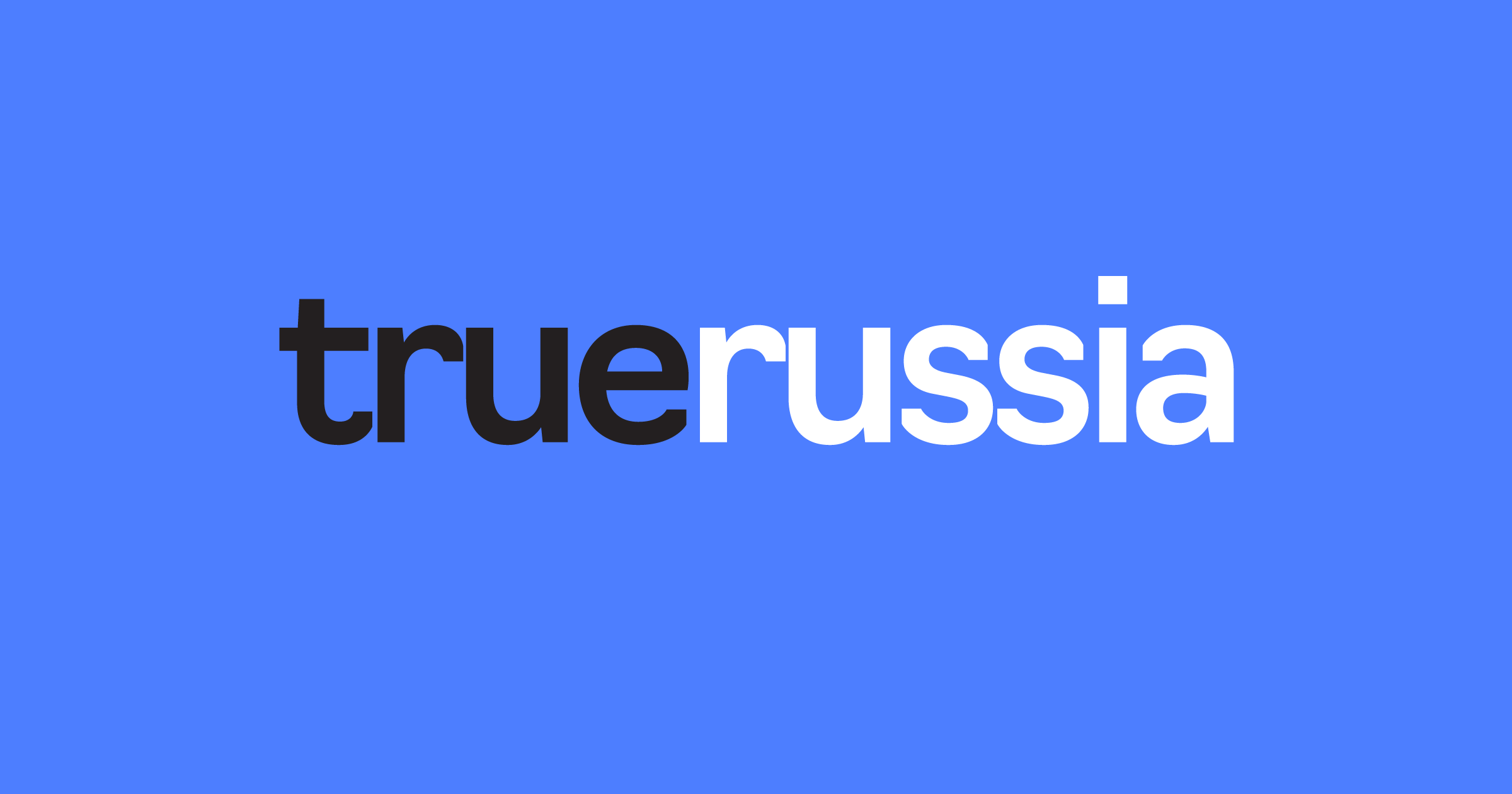
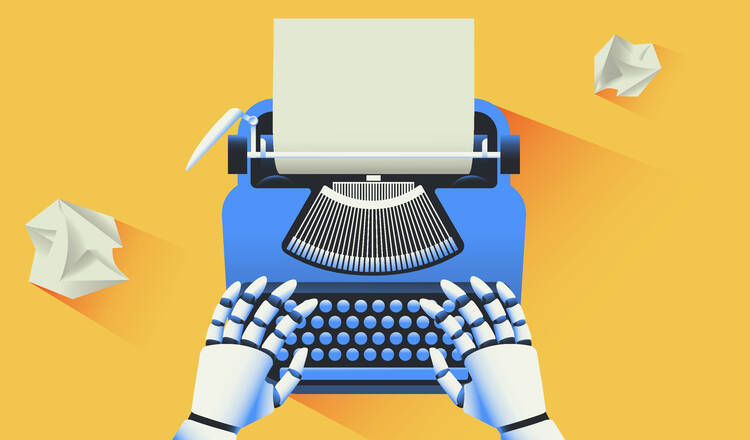

There are many resources across depending on what you are looking for: https://switching.software https://madaidans-insecurities.github.io https://www.btw.so/open-source-alternatives https://gitea.it/devol/Awesome-Privacy-servizi-web-open-source https://github.com/lissy93/awesome-privacy
Please note that these list may not be completely up-to-date, but you find and a lot of useful tools there imho.